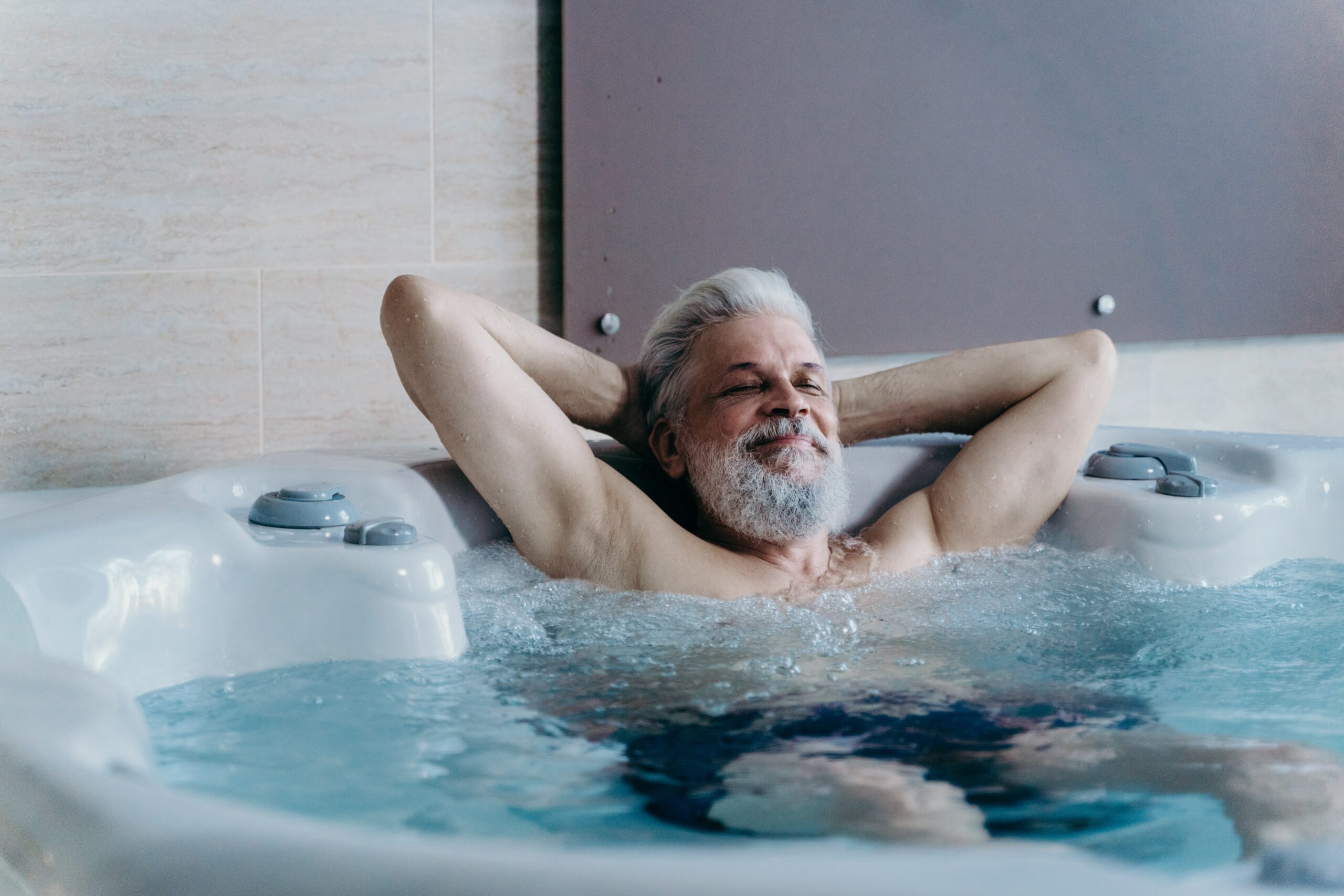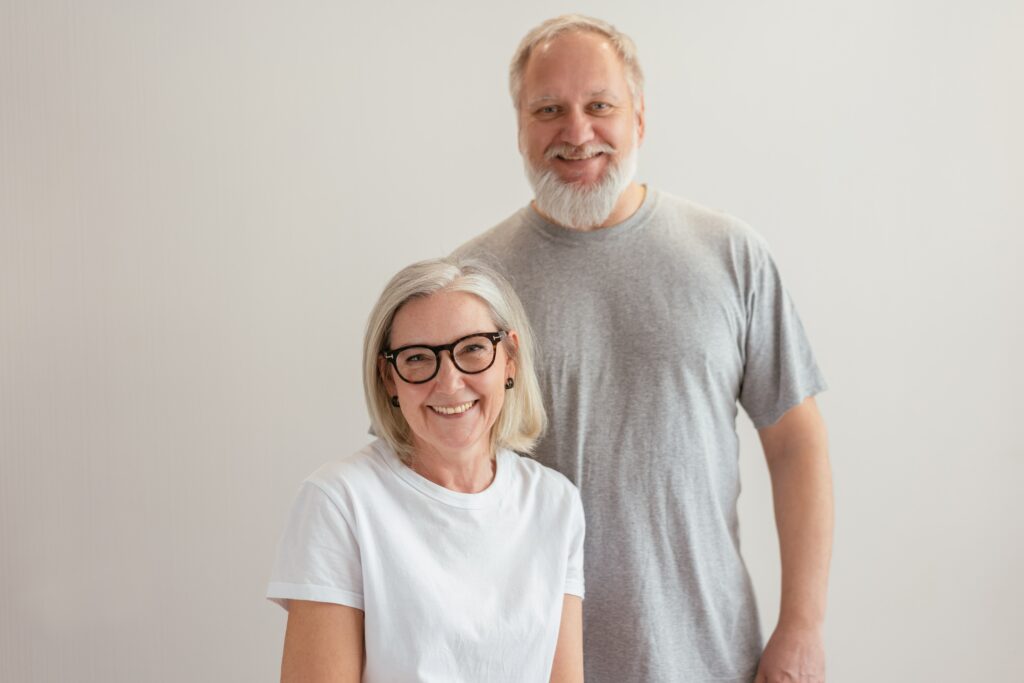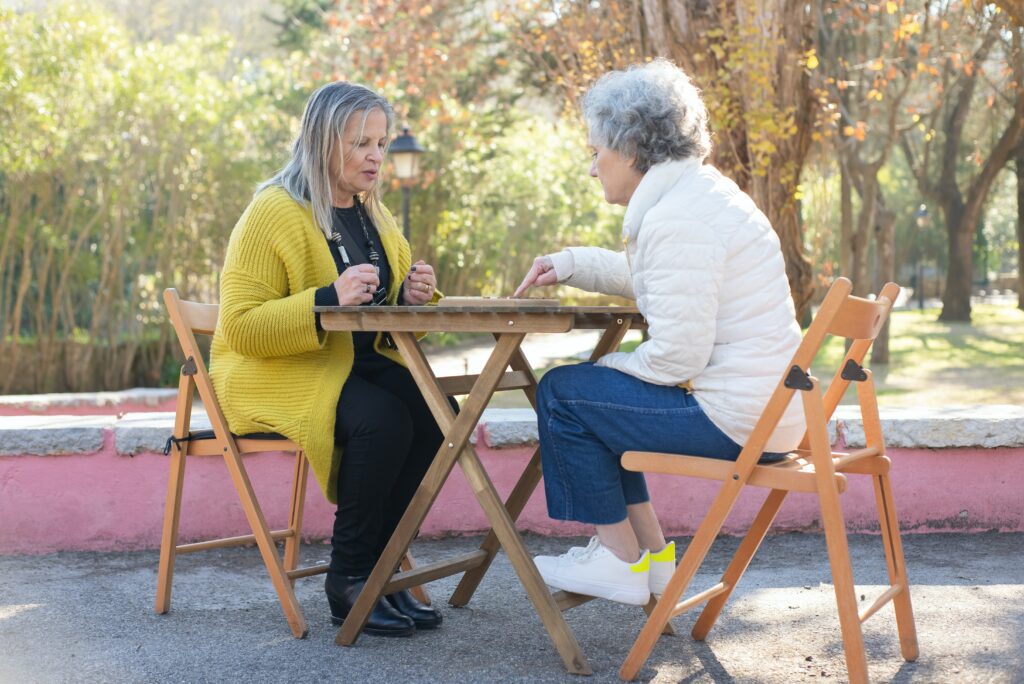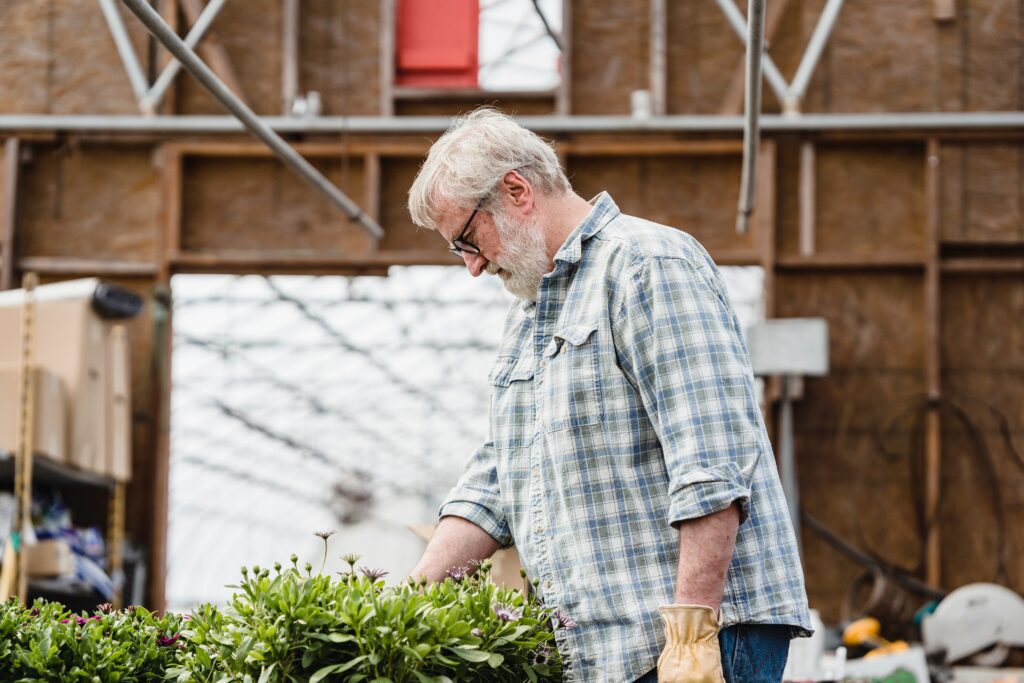Hygiene For Seniors: How Frequently Should An Older Person Bathe?
One of the issues associated with becoming older is that people have less energy to do their daily tasks. Personal hygiene, particularly bathing, is typically one of those things that get overlooked.
A senior should bathe at least once or twice a week to prevent skin disorders or any other diseases and problems at home. In this article, let’s talk about how you or a caregiver may assist a senior in maintaining the greatest possible hygiene and wellness.
Comprehension Of Body Odor And Aging
Does the odor of your body alter as you age? This is why it does:
Physical impairments may contribute to the fact that body odor worsens with age, making it difficult for people to bathe properly, for example. Moreover, this odor might intensify in nursing homes and other senior care facilities, contributing to the general perception that “old people smell.”
Yet as they become older, older individuals do smell differently. The body gradually alters how omega-7 unsaturated fatty acids on the skin are broken down at age 40. Nonenal is a molecule formed when these acids are exposed to the air, most likely due to hormonal abnormalities.
As individuals become older, these imbalances take place, producing more lipid acid. Furthermore, the natural antioxidant defenses of our skin deteriorate, which causes significant fatty acid oxidation.
This “old people’s smell” can also be caused by chronic illnesses and conditions, including diabetes, uremia, eczema, and dermatitis. Nonenal is formed when fatty acid is oxidized, which causes the smell.
How frequently should elderly bathe to avoid health issues?
The elderly might not require a daily bath but we all know that bathing is one of their physical needs. While most seniors are accustomed to taking daily showers, it is not required for optimum health. Bathing at least once or twice a week helps most seniors avoid skin deterioration and infections.
Wipe the armpits, groin, genitals, feet, and skin folds with warm washcloths to reduce body odor between thorough baths. Nonetheless, some carers with dementia and any cognitive impairment claim that daily bathing is simpler.
Do Seniors Need to Shower Daily?
When taking a shower becomes a normal part of someone’s daily routine, they are significantly less likely to object. Some people may need to bathe more regularly for medical reasons. While determining a bathing plan for an older adult, it is crucial to consider their unique health circumstances.
Daily bathing may be hazardous to certain patients because it dries out the skin, especially if the seniors enjoy hot showers. For the following explanations, a senior may not require a daily bath:
- Injury susceptibility: Older people’s skin is thinner and more sensitive than young people’s. It can become more vulnerable to rips and bumps. However, some could detest the sensation of being submerged in water.
- Dry Skin: Hot showers and harsh soaps can leave you with dry skin, which is painful and can lead to other problems.
- Skin infections: Cracking from dry skin can result in infections. Regularly taking hot showers might encourage dry skin.
Why Would Older People Prefer To Avoid Bathing?
Seniors may choose not to wash for a variety of reasons, including:
Mobility Problems
Moving in the shower or bathtub can be very uncomfortable if you have mobility problems like arthritis or knee and hip problems. As a result, the elderly would be more prone to disregard personal cleanliness.
Boredom
Boredom may creep in after retirement if there are no substitute activities. As a result, individuals could become disoriented and fail to notice how long it has been since they last had a bath.
Living Alone or Absent from Social Contact
An older person who lives alone may ignore their hygiene and looks.
Low Earnings
Some older people live on modest incomes and cannot afford to buy bath and grooming items on top of basic needs.
Busyness
Certain things may go unattended if your loved one feels too busy to keep up with their responsibilities and ailments. Personal hygiene may be a part of this.
Tiredness
Your loved one may not take regular baths or showers due to fatigue or pain he/she is enduring.
Fear of Getting a Cold
Certainly, when exposed to any chilly environment, the elderly rapidly lose body heat. This increases the likelihood that they may acquire a cold from a straightforward bath or shower. Nevertheless, reducing time in the pool and choosing warm water might lessen this danger.
Related Article: The Silent Struggles of Seniors: Understanding the Biggest Fears of the Elderly
Lack of Control and Dignity
Your older relative may want assistance cleaning up but won’t ask for it. This could be for various reasons, such as thinking it’s humiliating to seek help or not wanting to disturb people.
The fear of losing control is another factor that could prevent your loved one from asking for assistance. They can see their need for assistance with hygiene duties as the beginning of losing their independence and capacity to live at home alone.
How to Get Your Loved One to Take a Bath
Reframe your thoughts such that you are telling your loved one to take a bath. The manner you talk about cleanliness may greatly influence the outcome. You should be courteous when pointing out body odor, unclean clothing, or an untidy look because some elders may not be aware.
Remember that nagging someone to do anything is only successful if they are open. Once you’ve persuaded them to bathe, you may provide positive reinforcement by complimenting their appearance and smell since many senior citizens like the attention.
Bringing in a caretaker is also a tremendous assistance. Some elders may first object to the concept, while others discover that getting their baths done by a professional rather than their adult children is less humiliating.
Not only that, but in-home caregivers are trained to assist knock through bathing chores swiftly, completely, and politely. It may be time to think about full-time in-home care if your loved one struggles with more than just their cleanliness. This will ensure they receive the attentive care and monitoring required to flourish.
Senior Hygiene: Hair Washing
Hair cleaning is another issue associated with bathing. Seniors will want assistance in maintaining clean hair. Also, you might need to shampoo their hair while in bed or wheelchair if they have movement issues. Each room may be converted into a self-contained bathroom with just a faucet, making it simple to shower and wash your hair.
What Is The Recommended Hair Washing Schedule For Older People?
Daily filth accumulation on our hair strands is a factor, but oil is the primary driver of frequent hair cleaning.
Sebaceous glands on our scalps naturally create this oil called sebum. Sebum gradually moves from the scalp to the ends of our hair strands as it is created. It will only stop building up once the hair is rinsed.
Seniors’ scalps no longer produce as much sebum as they once did due to aging. They might only need to wash their hair once a week. Dry shampoos can help older adults who struggle with hair washing maintain their hair’s cleanliness between wet washing sessions.
Warning Note to Wash Seniors’ Hair
You have a good sense of how much pressure to use when washing your hair. Yet it might be more challenging to judge when you’re washing someone’s hair. Remember that a senior’s scalp is more brittle and likely to crack. Therefore utilize disposable gloves and exert as little pressure as possible to minimize discomfort or scalp injury.
Use as many assistive technologies as you require. Other equipment is available with portable hair-washing basins, including seats for washing one’s hair. Ensure the senior has a great experience washing their hair and that the procedure is simple.
While bathing an older person, remember these things!
If an aged person does not take a bath regularly, there are things to remember before and after each bathing session to maintain their hygiene. As they age, seniors have distinct demands. Therefore it’s crucial to consider them. Here are some solutions to help make the experience as enjoyable as possible.
- Be mindful of the person’s dignity and privacy. Even if required, many individuals may view assistance with showering as disrespectful and a sign of diminished independence. It’s crucial to keep this in mind. Be considerate and compassionate.
- Various alternatives to flowing water include sponge baths, bathing wipes, waterless cleaners, and no-rinse shampoos.
- It may be worthwhile to consider walk-in tubs if the older person has mobility concerns because they may make showers wheelchair accessible. Seniors can feel safer and have easier access to the bathroom by adding hand-held showers, non-slip bath mats, and higher toilets.
- If the user wants fewer showers, installing a bidet in the toilet will help with cleaning between bathing.
- Wiping or cleaning from front to back is crucial for those with female genitalia to avoid infections.
Conclusion
The way that older people maintain their hygiene and take baths differs from that of younger people because of the physical changes that their bodies go through. There are various strategies to boost an aged person’s cleanliness while making them feel comfortable.
Using these other bathing methods in between each bath will help people feel better about their hygiene practice and relieve caregiver stress. While receiving bathing assistance, each senior must be treated with kindness, patience, and respect.
Further Readings
Getting Enough Rest: The Importance of Sleep for Senior Health and Wellness
Why Do Old People Lose Weight?
Embracing the Journey: What Happens to Your Body in Your 60s and 70s






